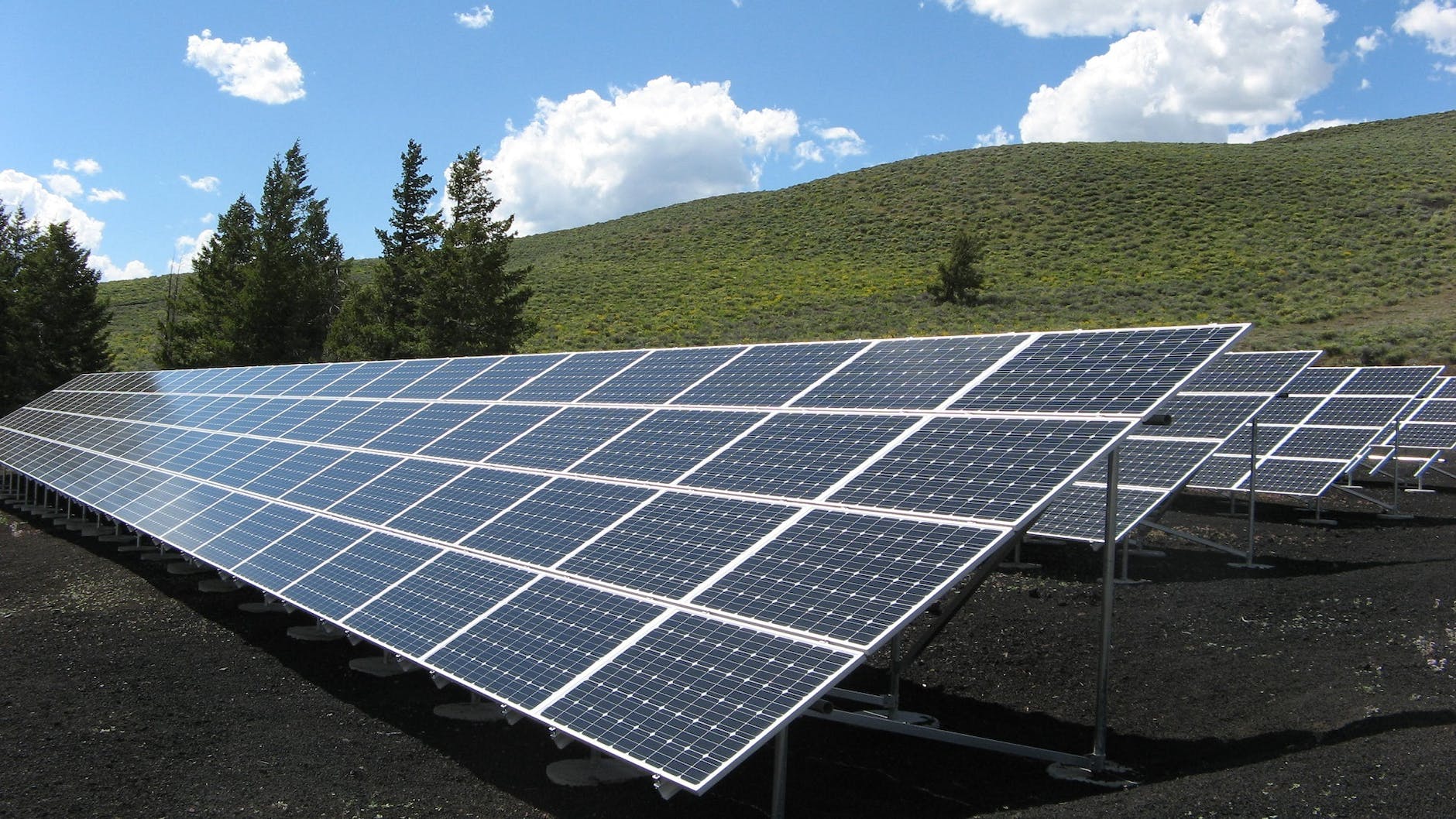Introduction
Solar panel installation requires the use of various fasteners to ensure the secure and efficient mounting of solar panels. Fasteners play a crucial role in supporting the weight of the panels, resisting wind loads, and maintaining the integrity of the system over time. In this article, we will explore the application of fasteners in solar panel installation, highlighting the types of fasteners commonly used and their importance in ensuring the long-term performance of solar power systems.

Types of Fasteners Used in Solar Panel Installation
Fasteners used in solar panel installation can vary depending on the specific application and requirements. Here are some commonly used types:
a) Threaded Fasteners: Threaded fasteners, such as screws and machine bolts, are essential for securely attaching solar panels to mounting structures and frames. They provide the necessary strength and stability to withstand external forces and keep the panels in place .
b) Washers: Washers are often used in conjunction with screws or bolts to distribute the load evenly and prevent damage to the solar panels or mounting surfaces. They create a stable and secure connection, minimizing the risk of loosening or shifting over time.
c) Nuts: Nuts are used to fasten threaded fasteners and provide additional support. They ensure a tight connection and prevent the solar panels from becoming loose or detached from the mounting structure.
d) Shims: Shims are thin, wedge-shaped pieces of material used to fill gaps or adjust the levelness of solar panels during installation. They help in achieving proper alignment and optimizing the performance of the system.

Importance of Fasteners in Solar Panel Installation
The correct selection and application of fasteners are critical for the long-term functionality and reliability of solar panel installations. Here are some key reasons why fasteners are important:
a) Structural Integrity: Fasteners, when properly chosen and installed, help maintain the structural integrity of the solar power system. They provide the necessary support and resistance against wind loads, vibrations, and other external forces, ensuring the panels remain securely attached to the mounting structure.
b) Preventing Water Infiltration: Solar panel installations are exposed to various weather conditions, including rain and moisture. Using appropriate fasteners, such as stainless steel fasteners, helps prevent water infiltration and corrosion, thereby protecting the panels and the overall system.
c) Longevity and Durability: Fasteners that are specifically designed for solar panel applications are made from high-quality materials, such as stainless steel or corrosion-resistant alloys. These materials offer excellent durability and can withstand prolonged exposure to outdoor environments, ensuring the longevity and reliability of the installation.
d) Maintenance and Serviceability: Fasteners play a role in the ease of maintenance and serviceability of solar panel systems. Well-designed fastening solutions enable easy access to the panels for cleaning, inspection, and potential repairs.
Conclusion
Fasteners are an integral component of solar panel installation, providing the necessary strength, stability, and longevity to the system. Threaded fasteners, washers, nuts, and shims are commonly used in securing solar panels to mounting structures. Choosing the right fasteners and employing proper installation techniques are crucial for ensuring the optimal performance and durability of solar power systems. By understanding the application of fasteners in solar panel installation, we can enhance the efficiency and reliability of renewable energy generation
.
